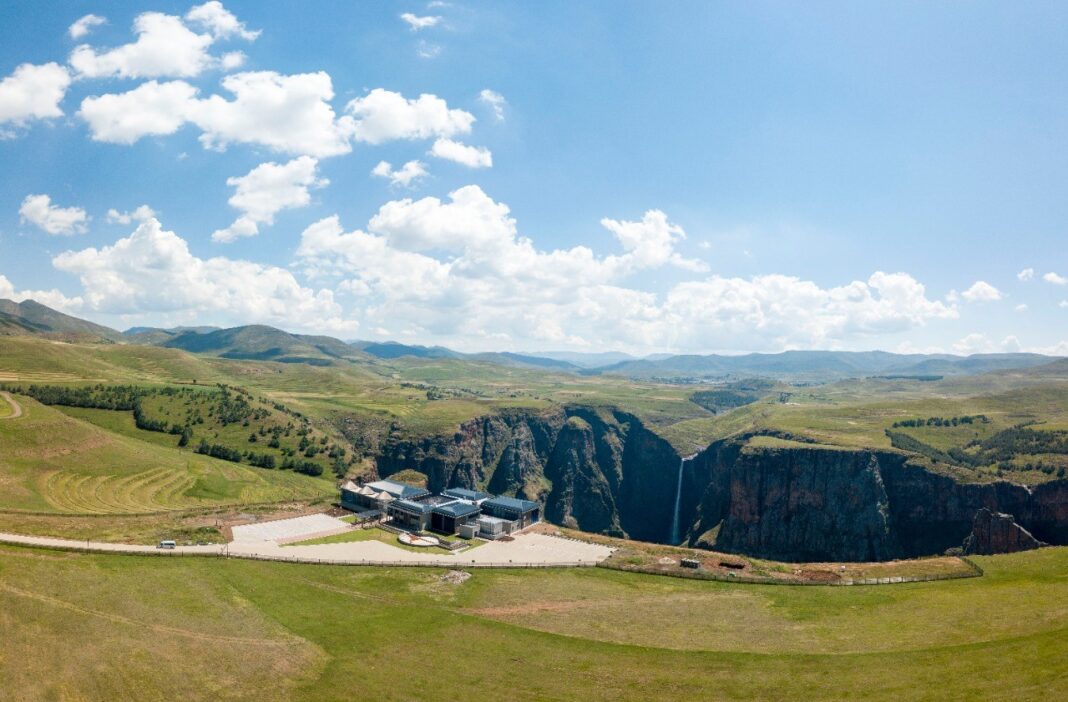By Kabelo Mollo
The work place is an ever evolving situation. With Covid-19 landing, we’re all scrambling trying to adjust to that now overplayed moniker “the new normal”. We’re trying to ensure agility in our small businesses so that we can create value where it is required.
In major corporations it seems they too are doing their best to stay ahead of the unknown. Work from home, work remotely, work efficiently, work smart, work in teams, in zoom, on Skype, just work! In employment scarce Lesotho where graduates are sitting at home hoping for an opportunity, any opportunity, I don’t think anybody takes the chance to work for granted.
I have friends in this country who have worked for companies since they came out of tertiary institutions. Others have only had one other job, but have been in the employ of their current principals for five years and more. It never ceases to surprise me. Is it the work culture here? Is it a generic comfort with a certain employer? Is it the scarcity of employment opportunities? In other larger more competitive economies skilled labour is hardly at one place for as long as five, and six years. It’s quite a rarity to find, yet here in the Kingdom anecdotal evidence suggests that’s exactly the case. Folks are with the employer for ages.
You don’t see a lot of poaching of talent from one private sector entity to another, you don’t often hear of government having head hunted a skilled human resource for a senior position. Recently I did some very informal research with a quite small sample size of friends who are formally employed.
The person who had the shortest stint with their employer was three years. When I enquired whether she was looking to move, she said, she wasn’t really thinking about it. I asked whether she was completely satisfied with her work, she shrugged and responded that she didn’t hate it. What a qualifier I thought. Another responder told me he was in the groove at his job. He understood what his employer needed from him, and he knew he could deliver it well. I asked whether he was happy, his response being his remuneration could be better.
Remuneration is a funny one, every one I spoke to was clear they could be remunerated better. On average they figured about twenty per cent better without it affecting the bottom line of the company. I guess we all feel like we could do with more cash in the pocket!
When you ask about happiness with their situation, the bulk of folks polled hadn’t thought of happiness, but they were content. I asked if something better came whether they would move. This drew mixed responses. Some wanted to know what “something better” looked like, others wondered whether it would stretch them beyond their capacity, while others answered in the affirmative without hesitation. I wasn’t sure I had learned anything from that question except maybe that some people really have plateaued and are completely comfortable with where they are.
I wonder then, do employers know that their staff have got so comfortable that they’re possibly not even thinking about the possibility of life beyond them? What does that do for the dynamic? What does that mean in terms of remuneration packages? Are company human resources departments not having to put together fiercely competitive packages because it isn’t a race to secure the brightest and best talent?
Again, the scarcity of employment looms ever large in these conversations. Folks just cannot take risks because bills must be paid, life must be lived and the alternative is much too bleak to even consider. So, when you talk to somebody who is a middle manager in a government department and they tell you how much they earn, you can’t believe it’s possible but then you also remember that you are, where you are. If that is the context of how decisions are made, then I guess you won’t have much movement from employer to employer. When you see an opportunity advertised and the remuneration package isn’t advertised instead “competitive package” is showed you know, you just know it’s not going to be anything like good money. Offers and counter offers are going to be a definite, but in all likelihood you’re not going to get anywhere near the package you ought to, so why move?
Are people not missing out on something staying in the same place for ten, twelve years? Growth and development? Don’t folks become stagnant and static being in one place that long?! Doesn’t the organisation become stale with the same faces doing the same things over, and over again? Doesn’t atrophy begin to settle in?
One day, when Lesotho has a thriving private sector made up of home-grown businesses owned by indigenous Basotho, and serviced by skilled local human capital we will hopefully reach that competitive pay scale. A CEO earning in excess of five and ten million per annum. An entry level position earning in excess of one hundred and fifty thousand per annum, and a factory working earning no less than seven thousand Maloti. In my lifetime.









